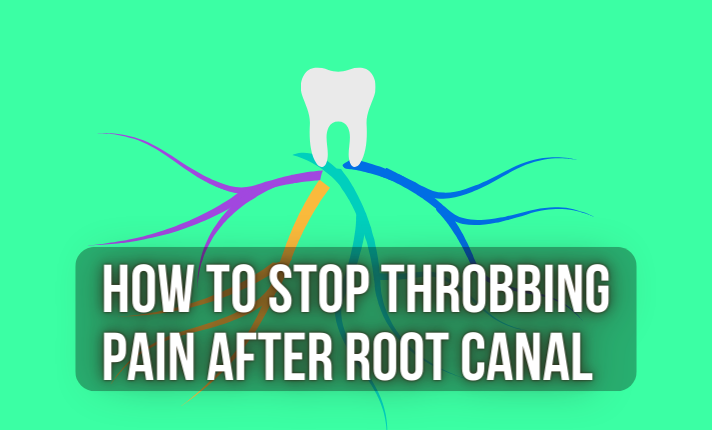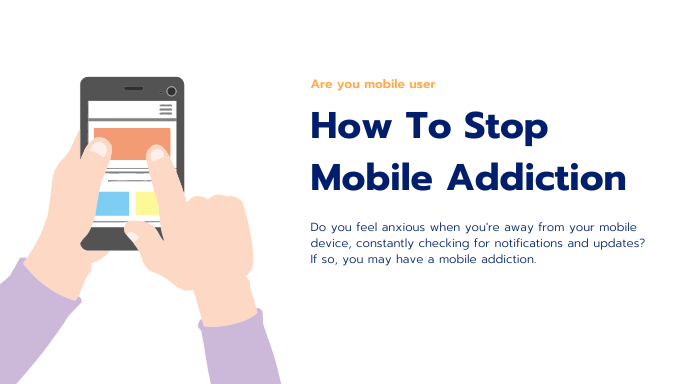How To Stop Throbbing Pain After Root Canal

Root canals are a common procedure and are often the only treatment that can save a tooth from extraction. Unfortunately, they’re also known for being a painful experience. So how painful is root canal really? and how to stop throbbing pain after root canal? While it varies depending on the individual, most people report a moderate to severe level of discomfort during and after the procedure. However, with the help of professional endodontists and modern tools and technologies, the least painful root canal procedure is now possible.
When it comes to longevity of pain and discomfort after a root canal, some people may experience pain for days or even weeks in severe cases. But with proper treatment and a cautious approach, you can professionally deal with your tooth pain and learn how to manage your root canals better.
To help you out, we ‘ve put together this guide with suggested tips and tricks on how to stop throbbing pain after a root canal. From biting to speaking and reading, here’s what you need to know about managing pain after root canals:
Why Is My Tooth Still Hurting After a Root Canal?
Root canals are an important treatment for infected teeth, as they save the tooth from extraction. However, even after the procedure is completed, some patients may experience pain in their tooth for days or weeks afterwards. This could be a sign of further infection in the pulp of the tooth, which needs to be addressed by a professional. Additionally, there are other factors that can contribute to tooth pain after a root canal procedure, such as bite issues or braces or Invisalign treatment.
To help manage your root canal pain and identify the underlying problem, it’s important to pay attention to the signs of an infection in your tooth. These include prolonged pain even after the completion of the root canal, sensitive teeth , and tenderness in the gums. If you are experiencing any of these symptoms, make sure to contact your dentist as soon as possible for professional advice. In addition to this, here are some suggested tips and tricks to help manage your root canal pain:
- Avoid biting directly on the treated tooth
- Eat soft foods that don’t require a lot of chewing – Take pain medications as prescribed by your dentist
- Avoid very hot or cold food/drinks for the first few days
- Apply a cold compress to reduce inflammation
Following these steps will help you stop throbbing pain after a root canal and make sure that the procedure is successful.How Long Does the Pain Last After a Root Canal?
How Long Does the Pain Last After a Root Canal?
The duration of pain after a root canal can vary from person to person and depends on the individual’s sensitivity level. In general, it is normal to feel some discomfort for a few days after the root canal treatment. However, if the pain continues beyond a week or becomes worse, then there may be an underlying issue such as inflammation or infection that might need further treatment from an end odontist.
If the root canal is performed properly, the pain should subside after a few days and will eventually disappear completely. However, if it persists for more than a week or becomes worse, then it could be an indication of an infection or inflammation that requires further treatment. In such cases, it is important to visit your endodontist as soon as possible to determine the cause of the pain and to receive the appropriate treatment.
How Do You Relieve Pain After a Root Canal?
Root canal pain can be a very uncomfortable experience. Fortunately, there are several methods you can use to relieve the pain after a root canal. The first step is to get an examination from a root canal specialist at your local Maryland clinic such as Glen Burnie Dental Care. Your dentist will be able to diagnose the cause of your pain and provide you with the best course of action to alleviate it.
Some common methods for relieving pain after a root canal include taking over-the-counter medications such as ibuprofen or acetaminophen, applying an ice pack to the area, rinsing your mouth with salt water, avoiding smoking and other beverages such as alcohol, and practicing good dental hygiene every day. In some cases, anesthetic creams or ointments may be prescribed by your doctor in order to provide further relief from discomfort. Additionally, getting a crown placed on top of the treated tooth can also help reduce inflammation and improve comfort levels.
When it comes to managing root canal pain, taking measures to reduce inflammation is key. Applying a cold compress to the affected area can help numb the nerve endings and provide relief from discomfort. Additionally, adding various herbal ingredients such as chamomile or lavender oil to your toothpaste can also help soothe any soreness you may be experiencing.






